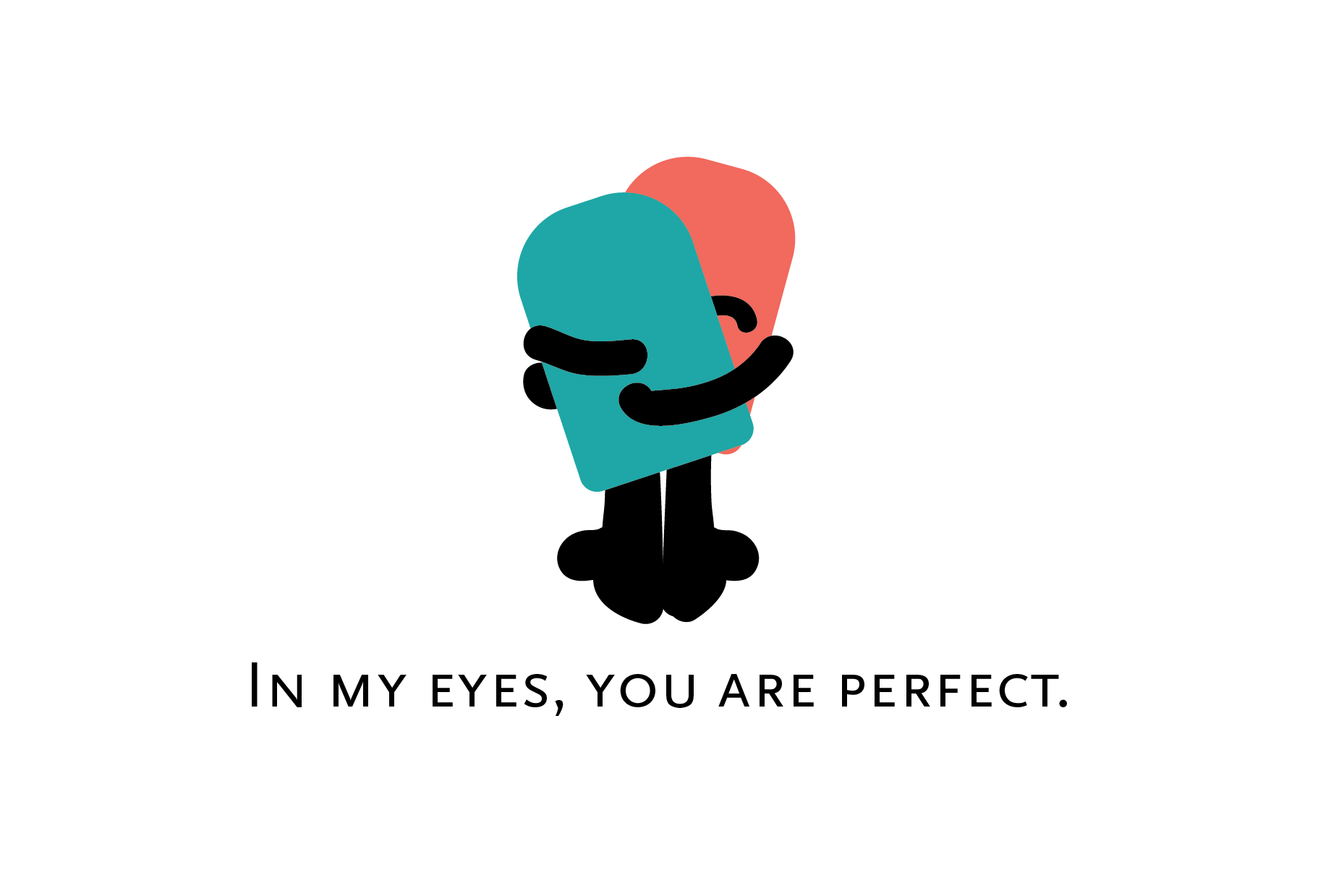What happens to a person with androgen insensitivity syndrome?
What happens to a person with Androgen Insensitivity Syndrome? We live a beautiful and full life filled with laughter, friends, and companionship. Having AIS doesn’t mean we’re relegated to a life alone – far from it! Society’s perspective towards sex is changing every day. Let’s talk about the medical, lifestyle, and advocacy opportunities that are now open to you now that you or a loved one are diagnosed with androgen insensitivity syndrome.
Medical
As someone with AIS, I can say without a doubt that doctors really like to schedule immediate surgery on people with AIS. This is a common trope among intersex people who do not neatly fit as being male or female. Depending on the type of AIS you have, a few surgeries will be recommended to you as necessary, that are in actuality, more suggestions:
gonadectomy (CAIS, PAIS)
vaginoplasty (CAIS, PAIS)
gender-reassignment surgery (PAIS)
Gonadectomy
With all forms of AIS, there are internal (sometimes descended) testes. There is a common medical belief that these testes will cause cancer and that once AIS is diagnosed, there should be an immediate removal. Current research actually points to two avenues, which you should research and make the best choice for your individual case:
Wait until after puberty to have a gonadectomy.
Do not have the gonadectomy and monitor the gonads with bi-annual scans.
Personally, I chose option 2. Why? The testes produce hormones; once the gonads are removed, you are forced to go on artificial hormones, an option which I am personally not comfortable with. Please do your own research and determine your own comfort level with hormone replacement therapy. Also, and this is my personal opinion, due to the practice of removing gonads before they show signs of tumor development, I believe that this practice is more of a “normalization” surgery than a cancer preventive surgery. I believe AIS bodies are perfect as we are born, and that we don’t need surgery to make us “normal.”
Vaginoplasty
When I was diagnosed at 15, my gynecologist tried to schedule a vaginoplasty immediately due to my shortened vaginal canal. Years later, I learned of the non-surgical alternative called dilation. This involves placing silicone forms into the vagina to stretch the tissue to elongate the vagina without the need of surgery.
Gender Reassignment Surgery
If you are older and identify as something other than how your body presents, then by all means, have the gender reassignment surgery. I have a problem with this surgery being performed on infants and small children who are too young to consent and express their preferred preferences. Gender reassignment surgeries should never be used to “normalize” intersex children. Ever.
Lifestyle
Nothing or everything can change about your lifestyle. This is entirely up to you. If you choose to, you may identify as Intersex / DSD (Differences of Sex Development) which opens up a whole new community of people who were born with similar conditions and conditions like you. You can join support groups, and learn more about your own identity.
You can tell your friends or not, it’s up to you. It think it mainly depends on your age. Telling people about AIS when you’re a teenager is a really big deal, but as you age, you and your friends mature, and the conversation changes and become easier. I do recommend at any age that you seek a therapist out so that you have someone consistently to talk to. Being diagnosed is a big change in your life and there’s a lot of new ideas to work through.
Advocacy
The problem is, children’s bodies are often changed for them because of shame and stigma. This includes surgeries to create a vagina, reduce a clitoris, move a urethra, or remove testes. Most surgeries happen before the age of two. We’ve worked with many of the world’s top human rights organizations. All agree: surgeries to change sex traits mustbe the individual’s choice.
Long Term Health
If you have a gonadectomy, you will need to take hormone replacement therapy for the rest of your life.
Bone density is a concern for people with AIS, as everyone with AIS has osteopenia.
It is recommended that we seek therapy as we have a higher rate of anxiety and depression than people who do not have AIS.
Other than that, we’re just typical people who live our lives to the fullest!
Closing Thoughts
If you have found this blog post and are concerned about yourself or a loved one who was recently diagnosed, please don’t worry and don’t be scared. There is nothing life threatening about having Androgen Insensitivity Syndrome, including the gonads – their likelihood of turning into cancer is quite low. AIS may be all new to you, and it’s a lot of information, so just remember to take some time and be kind to yourself as you’re reading through this information. It’s going to be ok. You or your loved one are going to be ok. I know so many people with AIS (myself included) who are very successful professionals who are intelligent and are wonderful well adjusted people.
All that an AIS diagnoses means is that you understand a bit more about your genome than most people ever will about their own. It’s a crash course in reproductive biology – I hope you paid attention in class! If not, that’s ok too. I built this whole website as a resource for the rest of us. Check out The Basics if you have AIS and read on from there. If you’re a parent, check out from Utero to Adulthood.
